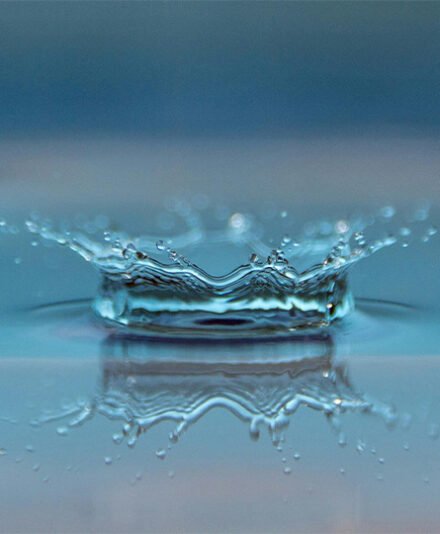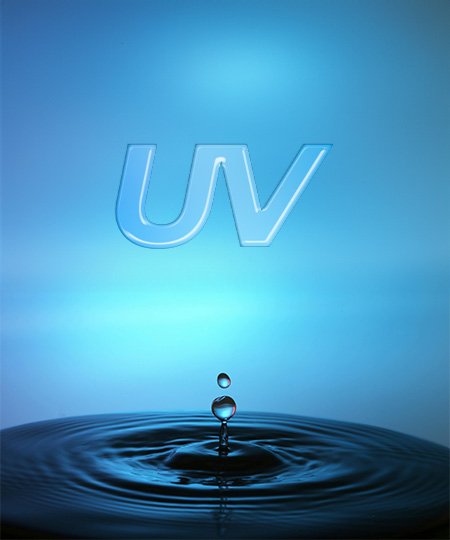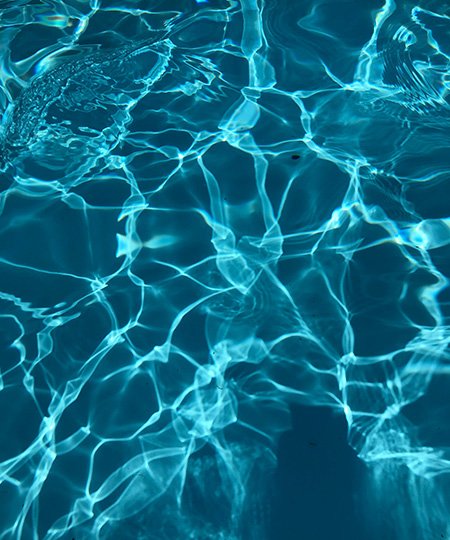Understanding UV Technology
Ultraviolet (UV) technology is a highly effective method for purifying water by eliminating biological contaminants. It is widely used to safeguard against waterborne viruses, bacteria, and other harmful microorganisms such as giardia and cryptosporidium.
How UV Water Purifiers Work:
- UV Light Generation: A UV water purifier contains a UV lamp that emits ultraviolet light, specifically at the germicidal wavelength of 254 nanometers (nm). This wavelength is optimal for destroying the DNA of microorganisms.
- Exposure to UV Light: As water flows through the purifier, it passes by the UV lamp. The microorganisms in the water are exposed to UV light.
- Disruption of DNA:The UV light penetrates the cell walls of the microorganisms and disrupts their DNA, rendering them unable to reproduce and effectively neutralizing them.
- Resulting Purification: The water that exits the UV purifier is free from active microorganisms, making it safe to drink and use.




